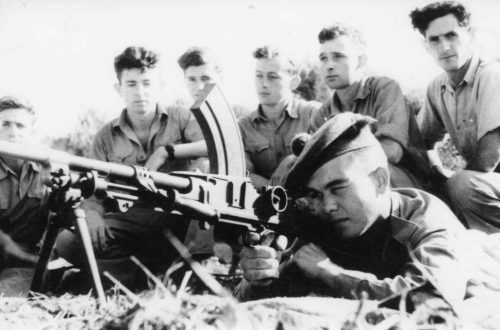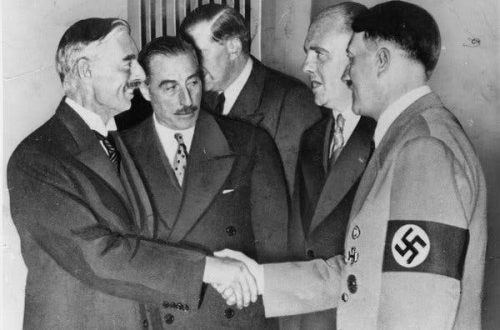Yesterday was the thirty-fifth anniversary of the day when the Cambodian Communists, the Khmer Rouge, took control of Cambodia and embarked on close to four years of terror and murder that took the lives of approximately thirty percent of the population. The report from the Sunday Telegraph, from which I copy an extract below, was originally published just over three months after that fateful day, April 17, 1975, a day that any Cambodian who lived through, and is old enough to remember, will never forget.
KHMER ROUGE GUILTY OF MASS MURDER SAY REFUGEES
Bruce Loudon
Sunday Telegraph, July 20, 1975, p.1.
Refugees from Cambodia have told of harrowing stories of human beings shackled to ploughs in place of water buffalo. People who once lived quiet suburban lives were ordered at gunpoint to work from dawn till dusk with only a cup of rice to eat.
Many were seen tilling the land with their bare hands because they have no agricultural implements….
To reach safety and security in Thailand they are defying the “ring of steel” that Cambodia’s rulers have thrown around the country…. Untold numbers, say the refugees in Aranyaprathet, are, being summarily executed by the Khmer Rouge as they try to get to the frontier – or are blown up by landmines….
[Refugees that have reached Thailand assess] that tens of thousands, possibly hundreds of thousands have already died in the Cambodian “revolution.” Three million people were forced out of Phnom Penh at gunpoint immediately after the Khmer Rouge victory of April 17. They were ordered out on to the land to eke out an existence as best they could.
Many of these have doubtless died – the old and the infirm who simply could not stand the rigours of the upheaval in the blistering South East Asian summer, and the sick who were wheeled out into the countryside on hospital beds, saline drips held aloft for them by relatives.
There was no food for them in the countryside to which they were ordered. Many were forced to eat rodents and snakes to survive. Even those organised into work parties by the communist victors say they never received more than a condensed milk tin of rice as a daily food ration.
Refugees tell of seeing bodies decaying along roads that led out of the towns. Workers who dropped from sheer exhaustion and starvation were left to die by the Khmer Rouge.
One refugee said: “The Khmer Rouge have run out of water buffalo. So now they shackle people to the ploughs and this is how the land worked. It is a terrible thing to see a man pulling a plough while soldiers look on.”
Even Buddhist monks, revered by the population, have been stripped of their sacred saffron robes and forced to go and work in the fields as other “peasants.” People have been told they will be killed if they offer food to the monks, which is the tradition.
In the view of analysts in Bangkok, the absurdity of this enormous human drama now underway in Cambodia is that it is largely unnecessary.
The next time someone says that they want a society where they can inscribe on its banners: “From each according to his ability, to each according to his needs!” remind them what it can lead to.


